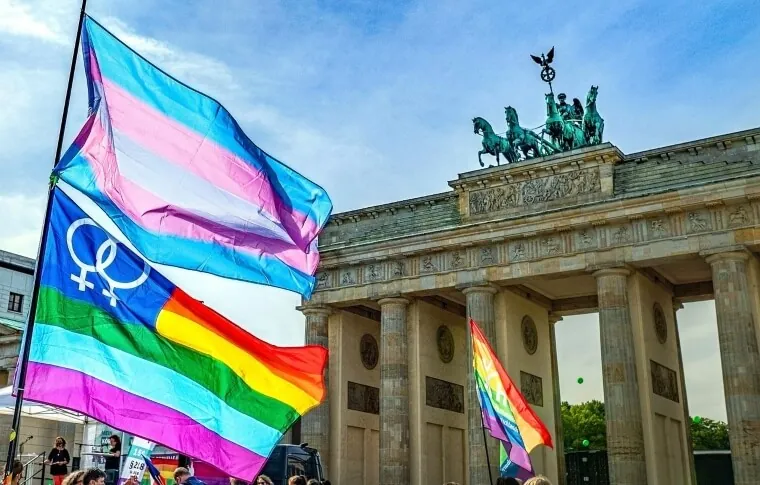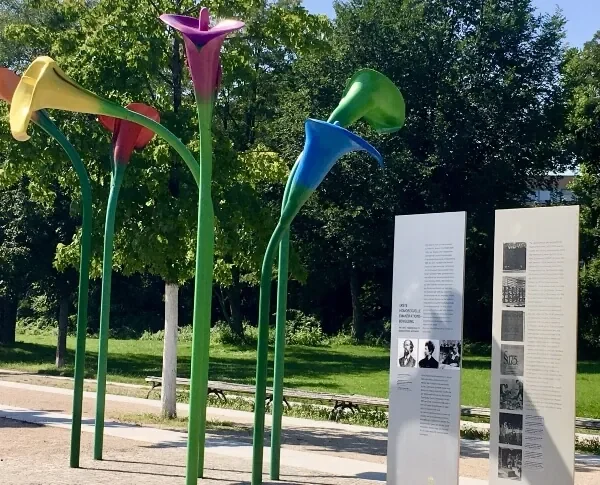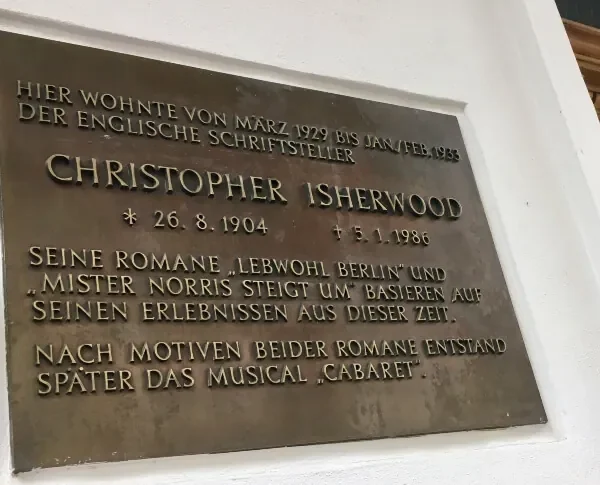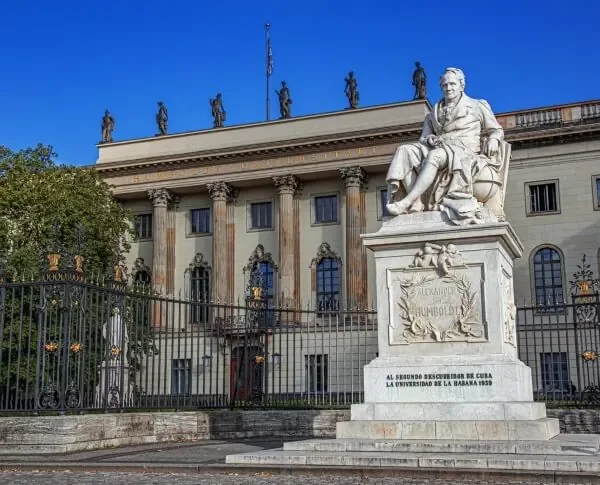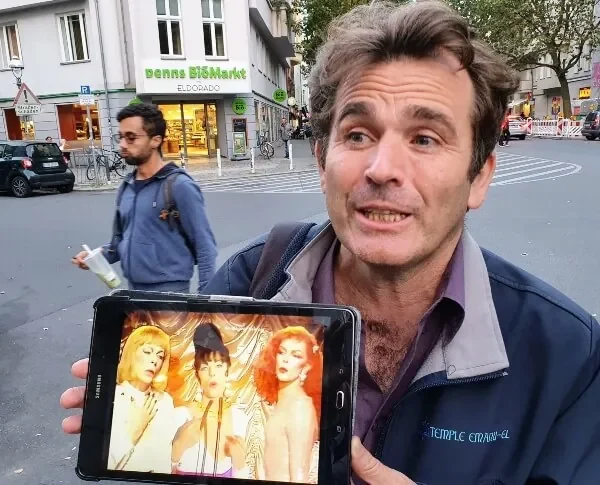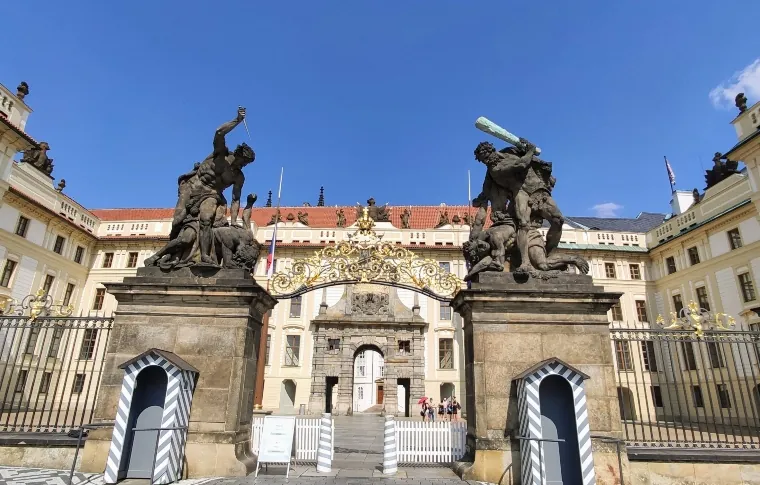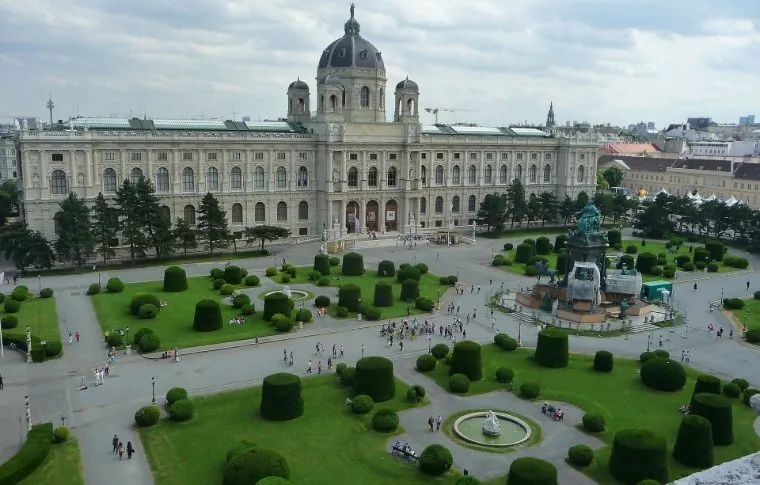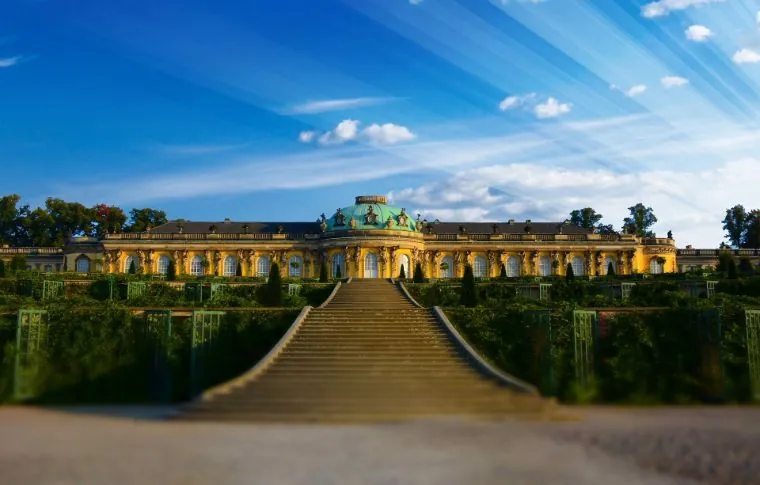Overview of Your Tour
Berlin may rightly be called the birthplace of today’s LGBTQ+ movements. Karl Heinrich Ulrichs, pioneer of the modern Gay Rights Movement, distributed his essays on male-male love as early as 1862. He cleared the path for the world’s first gay magazine, Der Eigene (The Self-Owning), which came out of Berlin in 1897. No wonder that, by the 1920s, a liberal attitude made interwar Weimar Berlin an international magnet for creative individuals, including W.H. Auden and Christopher Isherwood, who authored the novel, Goodbye to Berlin (on which the musical Cabaret is based). In such an dynamic atmosphere, the Institute for Sexual Science was founded by Magnus Hirschfeld, who initiated the first campaign to abolish the legal persecution of homosexuals. This 3-hour tour takes you to sites that illuminate Berlin’s many queer trailblazers, while you stroll through Schöneberg, discovering the world’s first gay ghetto.
Highlights
- 3-Hour Tour
- Discover Berlin’s Queer Pioneers, Scientists, Activists & Artists
- Schöneberg, the world’s first gay ghetto
- At the colorful monument to the Gay Emancipation Movement, you’ll learn of the Institute for Sexual Science founded on this spot by Magnus Hirschfeld, who coined the term transsexualism and pioneered the gay rights movement. Hirschfeld also co-authored the first pro-gay film in the world in 1919, Anders als die Andern (Different from the Others). Nazis closed the Institute in 1933 and burned its library.
- Exploring the the world’s first gay ghetto, Schöneberg, a neighborhood that featured legendary lesbian bars, you’ll see Christopher Isherwood’s former flat and learn how his Weimar-era adventures inspired the musical Cabaret. Passing by nightclubs he frequented, we’ll see a rent-boy dive that remains gay-run to this day.
- Outside the infamous former El Dorado Cabaret where Marlene Dietrich performed, we’ll learn of notable regulars like Ernst Röhm, the openly gay head of the Sturmabteilung (aka, the Nazi Brown Shirts). Röhm was later executed in the “moral purge” of 1934, or Night of the Long Knives (Nacht der langen Messer).
- While discovering sites connected to the post-WWII rebirth of Schöneberg as the gay-heart of the city, we pay particular homage to city’s most iconic nightclub of the 70s, Chez Romy Haag, where transgender actress, singer, and dancer, Romy Haag, met and began an affair with David Bowie, a tragic relationship that inspired Bowie’s iconic song Heroes.
- On the historic boulevard Unter den Linden, you will meet early gay Berliners such as the Prussian King Frederick the Great and explorer Alexander von Humboldt and find out how they disguised their sexuality. Finally you’ll travel to Alexanderplatz, the heart of Cold War East Berlin, and hear about the suffering endured by gays and lesbians behind the Iron Curtain.
- By the tour’s conclusion, you’ll get to know today’s Queer Berlin. After the fall of the Wall, the LGBTQ+ communities became less centralized, with a self-expression that gained nuance, and through it all, the scene remains vibrant and relevant.



















